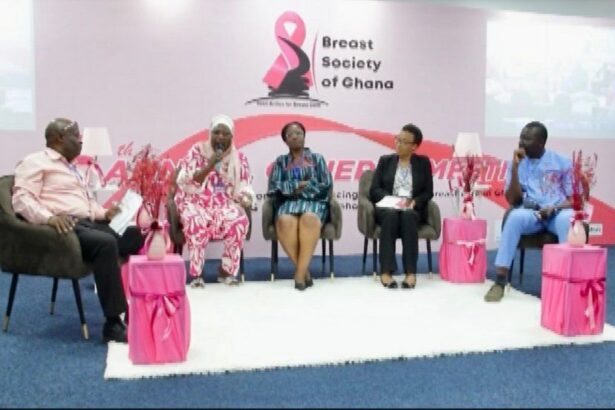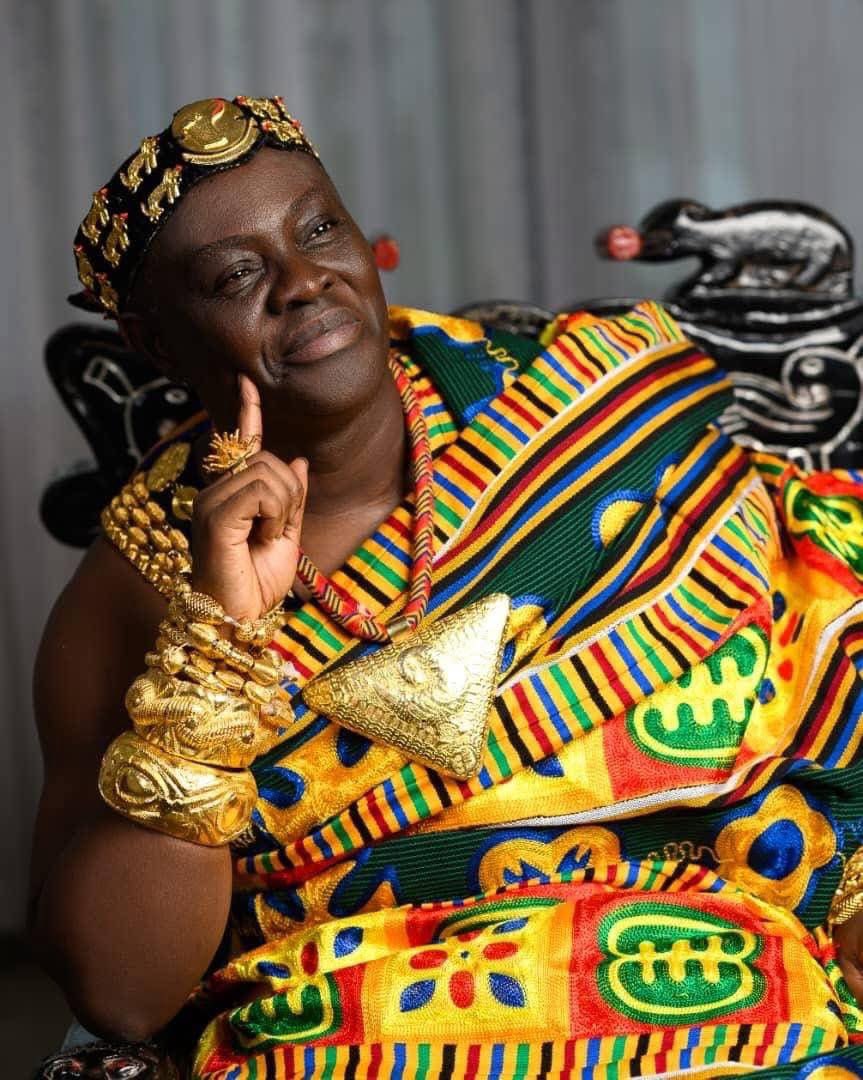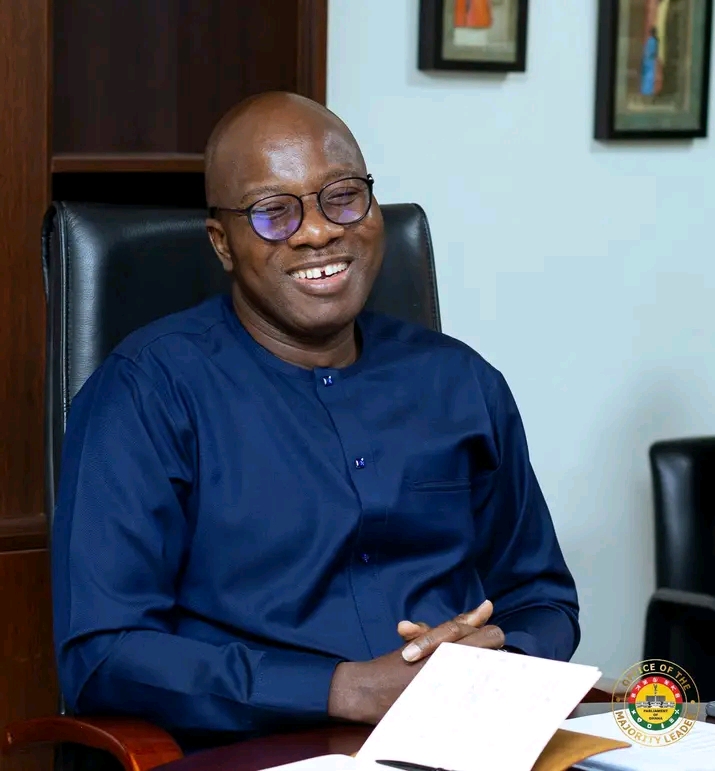By: Emmanuel Amoah
The Breast Society of Ghana has revealed a sobering statistic: over 4,000 women are diagnosed with breast cancer daily in Ghana, with a tragic 50% of them not surviving the disease. This stark reality underscores the urgent need for intensified efforts to combat one of the most significant health challenges facing women both in Ghana and globally.
Breast cancer remains the most prevalent cancer worldwide, with nearly 2.3 million women diagnosed in 2020 alone. In Ghana, it accounts for about 30% of all cancer cases among women, making it the leading cause of cancer-related deaths. This alarming trend highlights the critical importance of awareness, early detection, and access to treatment.
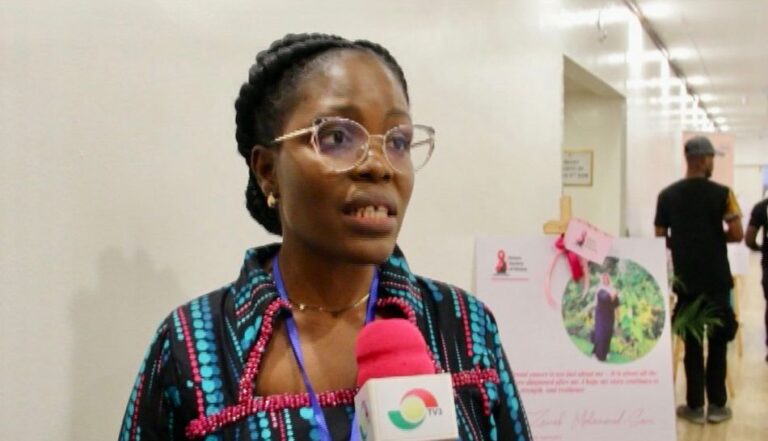
In anticipation of Breast Cancer Awareness Month, survivors have come forward to share their personal battles with the disease, shedding light on the numerous challenges they face. These include not only the physical and financial burdens but also the pervasive stigma associated with breast cancer. In many parts of Ghana, the stigma is so severe that some women avoid seeking medical treatment, fearing judgment from their communities, families, and friends. Instead, they turn to religious centers or traditional herbal treatments, often with devastating consequences.
Mrs. Atika Abudu, a breast cancer survivor and midwife at Nyankpala, described the lengths to which some women go to access treatment. “Women will travel from Bawku, Nyankpanduri, Bunkurugu, Salaga, just to reach healthcare facilities. Their husbands may even have to sell maize to cover the cost of transportation to Tamale. And after that, they might need to travel further to Kumasi for a mammogram,” she shared.
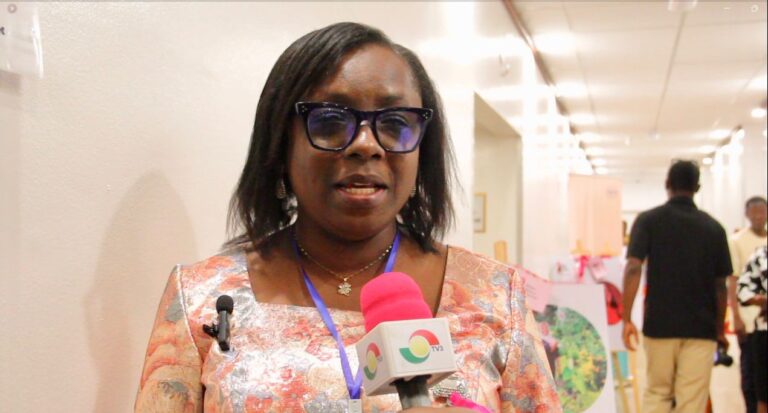
At the Annual General Meeting of the Breast Society of Ghana, other survivors echoed these sentiments, revealing the harsh realities they encountered. Mrs. Georgina Kumah-Dzagah, a breast cancer survivor and Executive Secretary of the Breast Society of Ghana, recounted her long and grueling treatment journey, which included surgery, chemotherapy, radiotherapy, and hormonal therapy. She highlighted the financial strain, noting that before even beginning treatment, patients can spend upwards of 4,000 to 5,000 cedis on diagnostic tests alone. “We are crying for help to make care more accessible in terms of proximity and affordability. In a single month, we lose about 10 people within our close circle, most of them aged 30 to 40, which is incredibly scary,” she said.
Dr. Hannah Ayettey Anie, President of the Breast Society of Ghana, emphasized the need for policy changes to ensure equitable distribution of resources nationwide. “For years, the focus has been on identifying the signs and symptoms of breast cancer and knowing when to seek treatment. But now, we must shift our focus towards influencing policy changes to ensure equitable services and resources for breast cancer management across the country. Ultimately, we aim to provide free breast cancer care for patients nationwide,” Dr. Anie explained.
Supporting this call for action, Sebastian Sandaare, Member of Parliament for the Daffiama/Bussie/Issa Constituency and a member of the Health Committee, stressed the importance of addressing the lack of essential medical logistics in northern Ghana. “The government must treat this issue with the urgency it deserves. There must be mammogram and radiotherapy services at the Tamale Teaching Hospital to ensure that patients from remote areas have access to proper medical care,” he asserted.
Dr. Florence Dedey, a consultant surgeon, highlighted the myths surrounding breast cancer that contribute to late diagnosis and inadequate treatment. “Many people believe that if your breast is removed, you will die shortly after, which is not true. We have survivors who have lived for decades after undergoing mastectomies. Others think chemotherapy and radiotherapy are poisonous and will kill them, but this is also false. In Ghana, there is a widespread belief that breast cancer is a spiritual disease or a curse for one’s sins. Such beliefs prevent people from seeking medical help and instead drive them to prayer camps or spiritual healers. But breast cancer is a disease that can happen to anyone,” Dr. Dedey emphasized.
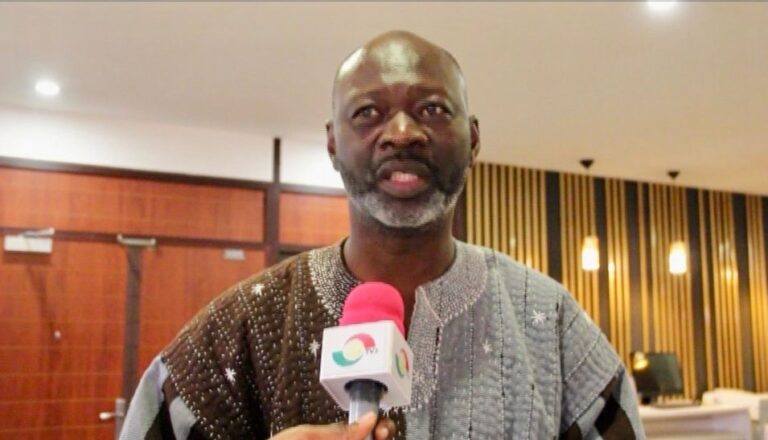
Dr. Akwasi Anyanful, a molecular biologist at the University of Cape Coast, reinforced the severity of the situation, noting that breast cancer is the deadliest cancer among women in Ghana. “With 4,000 new cases diagnosed daily, and 50% of those women not surviving, the situation is dire. These figures represent only the hospital cases—we don’t know how many more go unreported because women seek help too late. In Ghana, we rarely see stage 1 or 2 breast cancer; most cases are diagnosed at stage 3 or 4, when the disease is much harder to treat,” he said.
As these courageous survivors share their stories, one thing becomes clear: breast cancer is not a death sentence. With collective effort, increased awareness, and better access to medical care, the fight against this disease can be a journey of hope and resilience.

